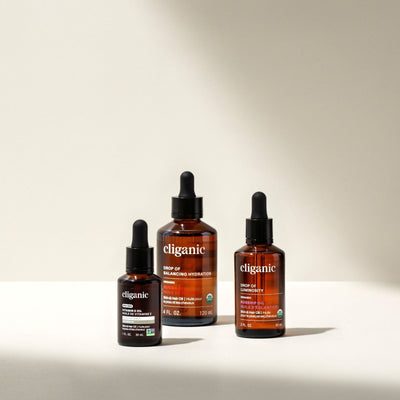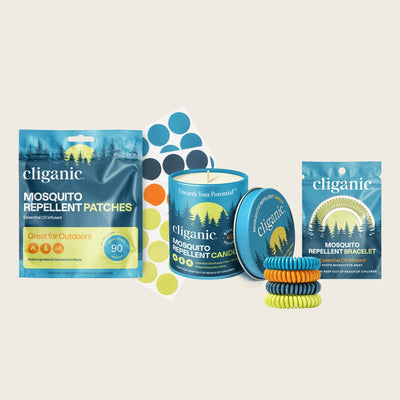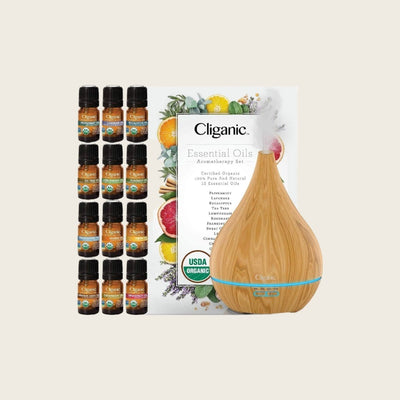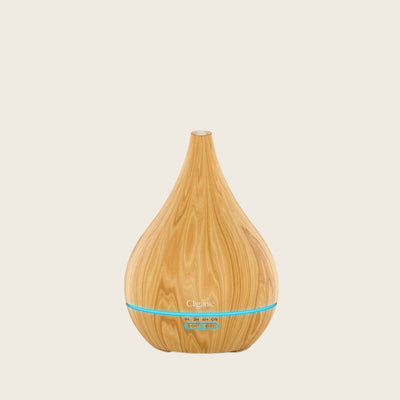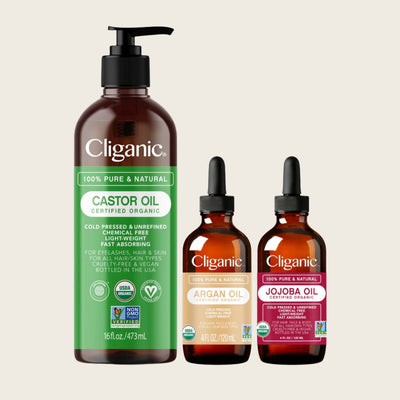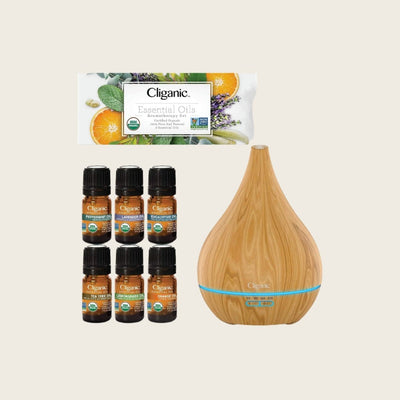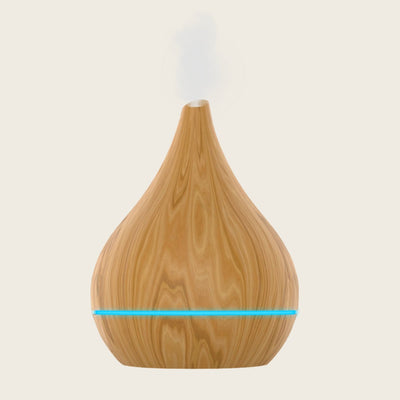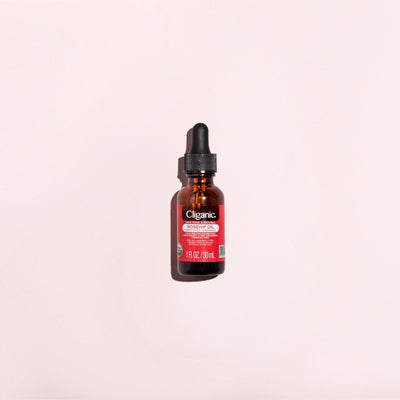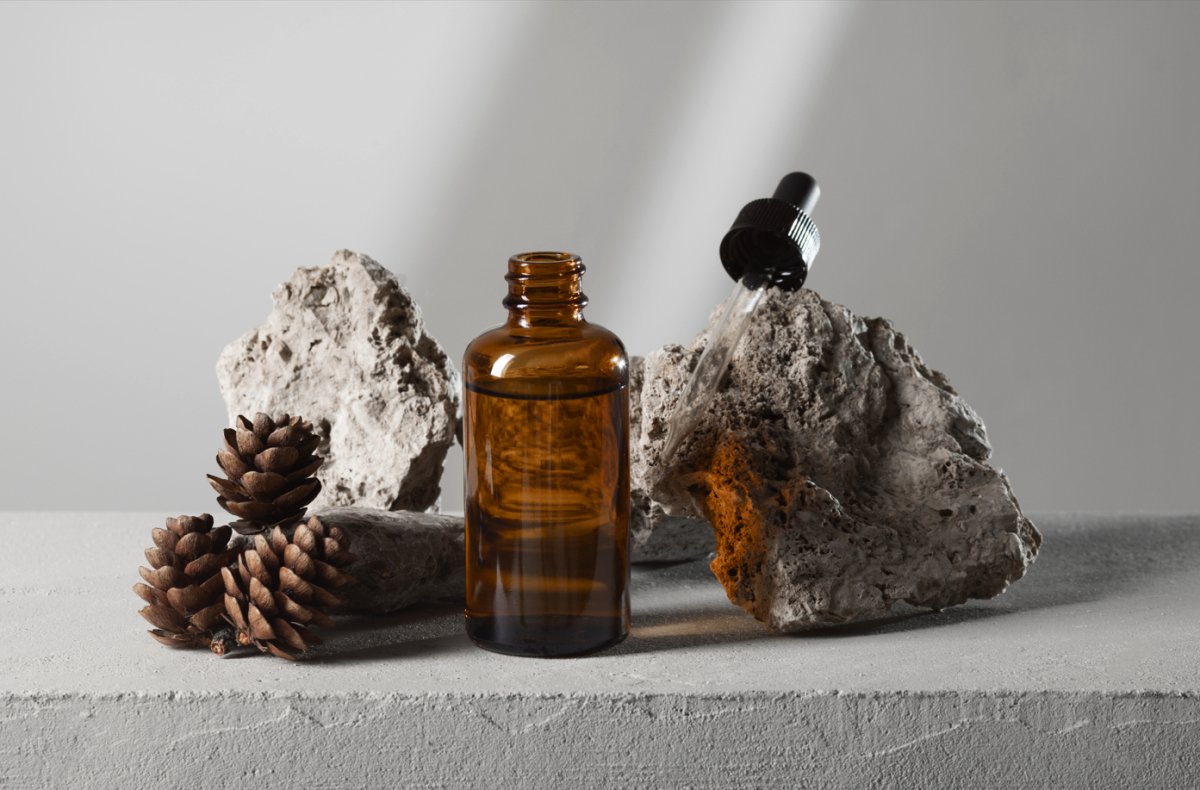
Exploring the Aromatic Legacy: Ancient Cultures and Essential Oils
The use of essential oils spans across centuries, weaving a rich tapestry of aromatic history that highlights the significance of these natural extracts in various ancient cultures around the world. From the embalming rites of Egypt to the sacred rituals of India, essential oils have played a pivotal role in health, spirituality, and everyday life. Let’s embark on a journey through time to explore how these ancient civilizations utilized essential oils and how their uses have evolved into modern-day practices.
Ancient Egypt: The Pioneers of Aromatherapy
Ancient Egypt is often credited as one of the earliest civilizations to extensively use essential oils. The Egyptians utilized aromatic oils for a variety of purposes, including cosmetics, medicine, and religious ceremonies. They believed these oils had both spiritual and physical healing properties. Frankincense, myrrh, cedarwood, and lotus were among the most prized. Pharaohs were anointed with these oils to elevate their status, and they played a crucial role in the mummification process, helping preserve and honor the dead.
Greece and Rome: A Blend of Beauty and Medicine
The Greeks continued the aromatic tradition, with figures like Hippocrates, often called the "father of medicine," advocating for the use of aromatic plants for health. The Greeks used oils not only for their therapeutic properties but also for personal hygiene and in athletic sports to soothe sore muscles. As the Romans conquered Greece, they too adopted the use of essential oils, incorporating them into their baths and spas, demonstrating the importance of aromatherapy in their daily cleansing rituals and medical treatments.
India: Spiritual and Holistic Harmony
In India, the use of essential oils is intertwined with the practice of Ayurveda, a holistic healing system that dates back over 3,000 years. Essential oils such as sandalwood, jasmine, and rose were used to balance the mind, body, and spirit. These oils were not only used for their physical therapeutic properties but also for spiritual enhancement, including in meditation and yoga practices, to promote harmony and peace.
China: The Ancient Art of Balance
Traditional Chinese Medicine (TCM) also incorporates the use of essential oils, which are believed to help balance the body’s Qi (chi). Oils such as ginger, cinnamon, and clove were commonly used to enhance circulation and energy flow, reflecting the Chinese philosophy of harmony and balance between the physical and spiritual elements of life.
The Middle East: Trade and Sacred Scents
The Middle East served as a significant hub for the trade of essential oils, with the ancient city of Petra being a notable center for frankincense and myrrh. These oils were highly valued, not only for their aroma but also for their roles in religious practices and traditional medicine. The Islamic Golden Age further advanced the distillation techniques and uses of essential oils, with scholars documenting their properties and benefits extensively.
A Legacy That Lives On
The historical use of essential oils across these ancient cultures illustrates a universal reverence for nature’s power and the enduring belief in its potential to enhance well-being. Today, this legacy continues as we integrate essential oils into modern aromatherapy, holistic health practices, and even eco-friendly household solutions. By understanding the roots of aromatherapy, we can appreciate the deep cultural significance and timeless benefits that these natural essences offer, connecting us with the ancient wisdom of our predecessors. Want to learn more about essential oils and their applications? Check out this blog article: The History of Essential Oils.



